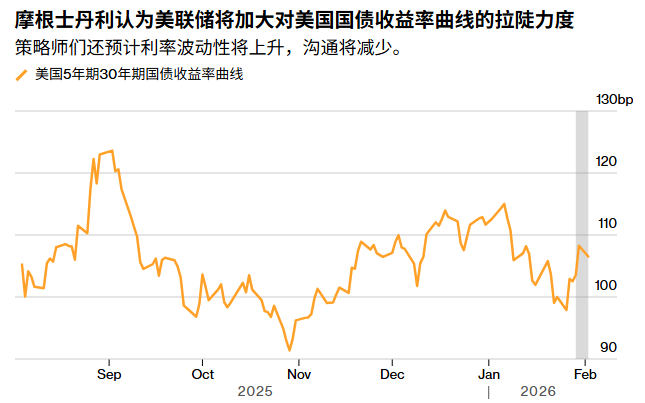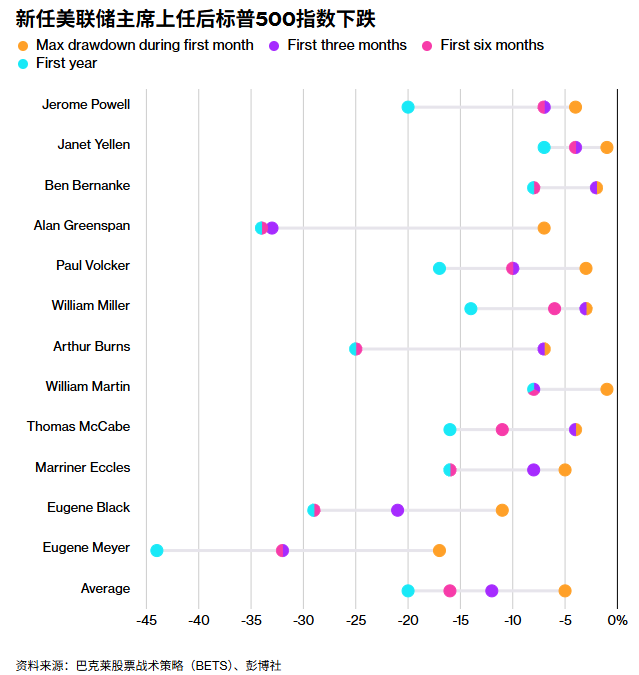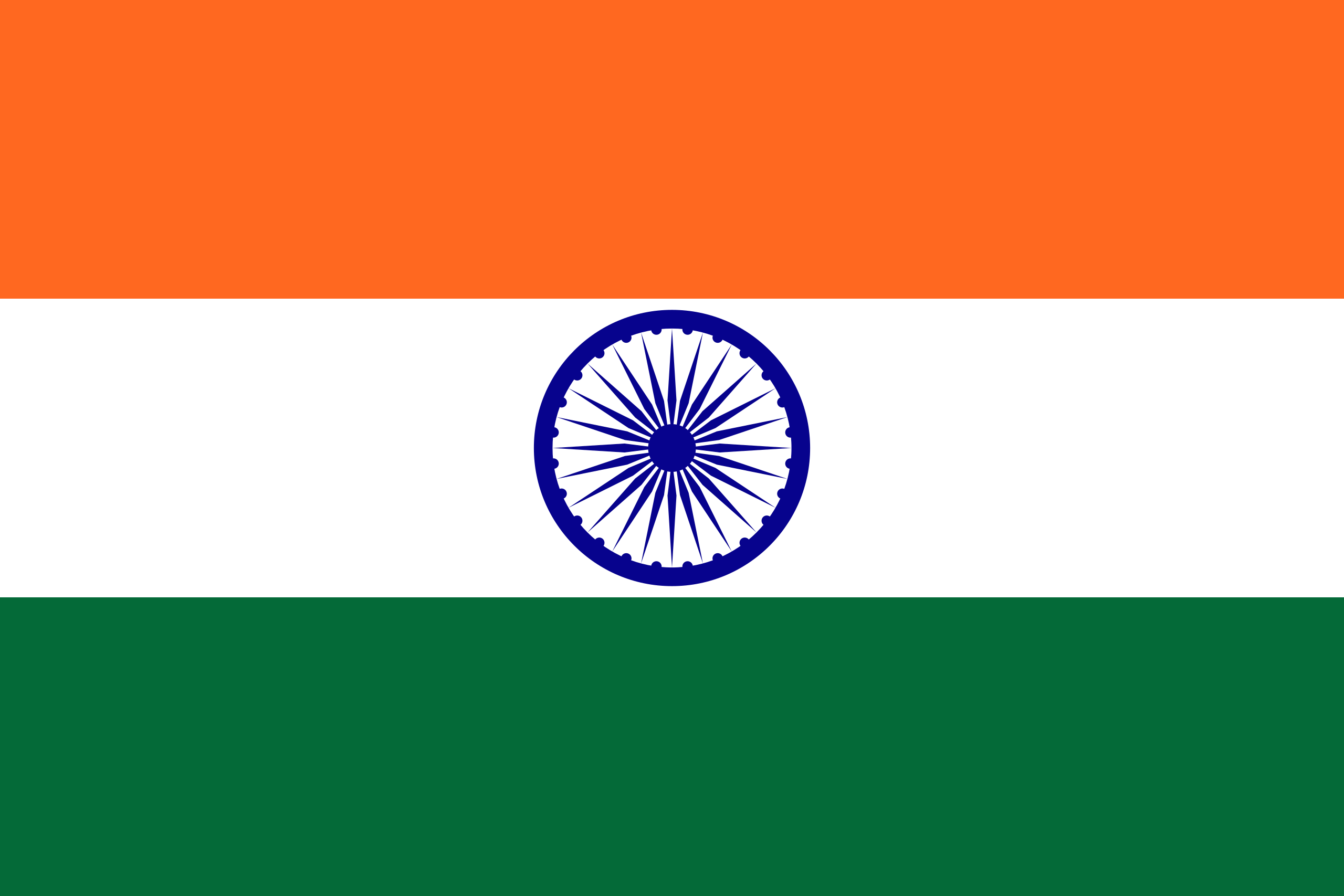US President Donald Trump signed an order imposing a 25 percent tariff on imported cars, expanding the trade war aimed at bringing more manufacturing jobs to the United States and laying the groundwork for broader tariffs next week.
Trump said at the White House on Wednesday: “We will impose a 25 percent tariff on all non-US-made cars. We will charge tariffs on countries that do business in our country, take away our jobs, take away our wealth, and take away many things they have been taking away for years.”
The president said that the tariffs would take effect on April 2 and the United States would start imposing them the following day. Trump’s statement released later Wednesday made it clear that the auto tariffs would be imposed shortly after midnight on April 3, at 12:01 a.m. Washington time.
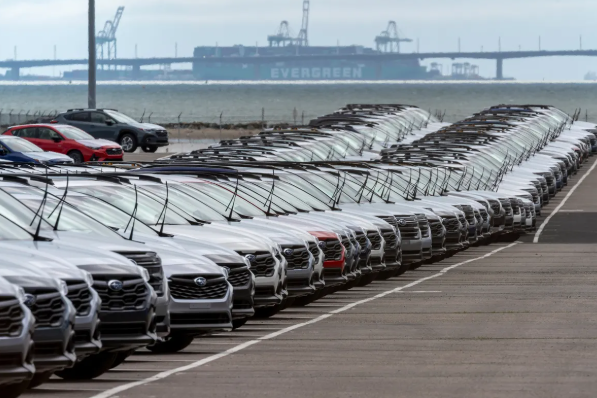
The White House said that tariffs not only apply to complete vehicles but also to key auto parts, including engines, transmissions, powertrain components and electrical components. The announcement stated that tariffs on parts will take effect no later than May 3. Over time, the list may also be expanded to cover more parts.
Trump said these tariffs were “permanent” and indicated he had no intention of negotiating any exceptions. When Trump made the remarks, the shares of General Motors, Ford Motor and Stellantis NV fell in after-hours trading. On Thursday morning, the shares of Asian automakers led by Toyota Motor declined.
The White House said in a statement that auto importers subject to the United States-Mexico-Canada Agreement (USMCA) will have “the opportunity to certify their U.S. content and a system will be implemented to ensure that the 25% tariff applies only to the value of their non-U.S. content.” The USMCA was a trade deal negotiated by Trump during his first term with Canada and Mexico.
White House Chief of Staff Will Shauf said that these tariffs will be imposed on top of the existing ones, and the government expects that these tariffs will bring in an additional $100 billion in revenue for the United States each year.
A White House official who declined to be named said in a discussion on tariffs that the government would formulate a plan to deal with components that are transported across borders multiple times.
Wednesday’s move came before the broader so-called reciprocal tariffs announced on April 2, which were aimed at lowering barriers in other countries and narrowing the U.S. trade deficit. These tariffs will enable the United States to impose rates based on the situation of each country to offset barriers on U.S. imports. However, Trump has hinted that some trading partners may receive tariff exemptions or reductions.
Other tariffs targeting specific industries are also in the works. Trump has threatened to impose tariffs on wood, semiconductors and pharmaceuticals. Trump said on Wednesday: “That will be the real American liberation day. That day is April 2nd. I’m really looking forward to it.”
The auto tax marks a significant expansion of the president’s trade war and could draw in some of the biggest car brands from major US trading partners such as Japan, Germany and South Korea. The move could disrupt the highly integrated supply chains of North American automakers that rely on the United States, Mexico and Canada.
However, tariffs will affect non-US components in some of Detroit’s best-known and most profitable models. General Motors imports some Chevrolet Silverado pickup trucks from factories in Mexico and Canada, while Stellantis produces models including the Jeep Compass SUV in Mexico.
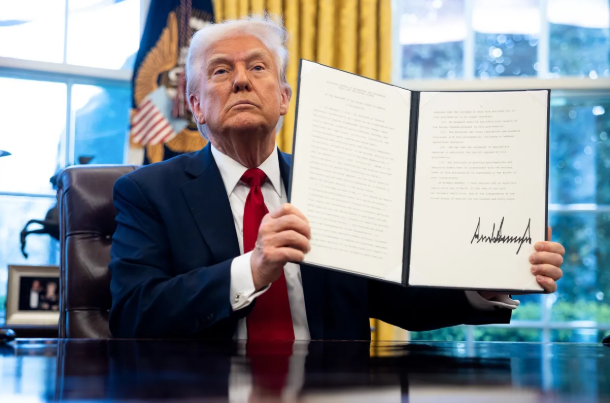
Ford’s domestic market share in the United States is higher than that of its Detroit rivals, but the company has not been spared either. It manufactures the entry-level Maverick pickup and Bronco Sport SUV in Mexico.
European Commission President Ursula von der Leyen said the US decision was regrettable. In a statement, she said: “We will now assess this statement and other measures the US plans to take in the coming days. The EU will continue to seek a negotiated solution while safeguarding its economic interests.”
Canadian Prime Minister Mark Carney said that the US tariffs were a “direct attack” on the auto industry workers and violated the USMCA. He did not disclose any new retaliatory measures and said he would first fly back to Ottawa to meet with cabinet members.
Doug Ford, the premier of Ontario, where much of Canada’s auto industry is located, said Canada would almost certainly retaliate. He urged Carney to “aim at American cars” – US-made vehicles dominate the Canadian auto market.
The prime minister said, “We must ensure that we cause as much pain as possible to the American people without causing any pain to the Canadian people.”
Japanese Prime Minister Ishiba Shigeru said that countermeasures against the auto tax cannot be ruled out.
Shigeru Ishiba said in the parliament on Thursday: “We must consider appropriate countermeasures. Of course, all options are on the table. The most important thing is that we must consider what is in the best interests of Japan as a nation.”
Autos Drive America, a lobbying group representing foreign automakers such as Toyota and BMW in the United States, has warned that the new tax measures will have the opposite effect to what Trump expected.
Jennifer Safavian, president of the organization, said in a statement: “The tariffs imposed today will make the cost of producing and selling cars in the United States even higher, ultimately leading to price hikes, reduced consumer choice and a decrease in manufacturing jobs in the United States.”
